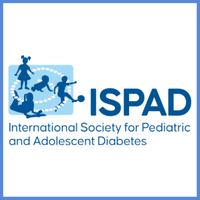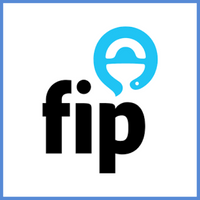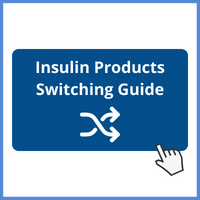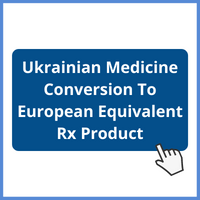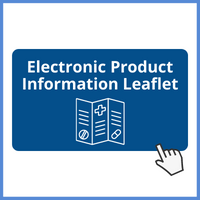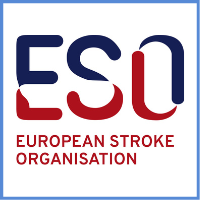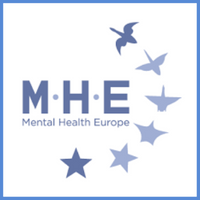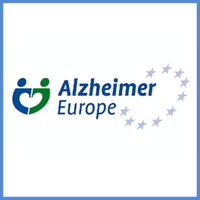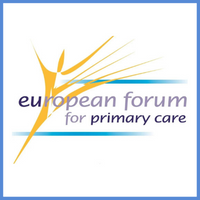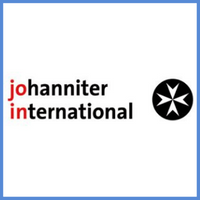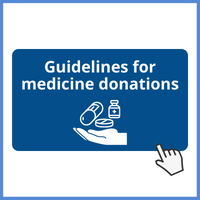Additional resources
On this page, you can find information about resources and initiatives of other national and international organisations providing support for people affected by the conflict in Ukraine.
International Society for Paediatric and Adolescent Diabetes (ISPAD)
The International Society for Paediatric and Adolescent Diabetes has been developing a set of resources and a contact list of paediatric units for children with diabetes and their family arriving from Ukraine in various European countries. The list includes contact points of paediatric and adult diabetes care centres, diabetes associations, and general information helplines. The resources developed by ISPAD also include a list of basic questions in 16 different languages to help communication between families and physicians.
International Pharmaceutical Federation (FIP)
FIP has published tables of equivalence between medicines registered in Ukraine and those available in other countries. This resource aims to support and facilitate the provision of healthcare and medicines to refugees from Ukraine.
Diabetes Disaster Response Coalition (DDRC) – Insulin Product Switching Guide
The Diabetes Disaster Response Coalition (DDR) has developed information for healthcare professionals on switching between insulin products in disaster response settings. Please note that the Insulin Product Switching Guide is intended to be used by healthcare professionals only and for disaster response situations when patients are not on their usual schedule, may have limited monitoring capabilities, or don’t have access to their prescribed insulins.
IQVIA
IQVIA has set up a script translator to aid translation of Ukrainian products into equivalents from other European countries (Austria, Bulgaria, Croatia, Czech Republic, Denmark, Estonia, Finland, Germany, Hungary, Ireland, Latvia, Lithuania, Norway, Poland, Romania, Slovakia, Sweden, Switzerland, UK).
EFPIA – electronic Product Information Leaflet (e-PIL)
The EFPIA’s e-PIL allows Ukrainian patients displaced in Poland access via their mobile phone to information on prescription medicines, in their native language.
Every pack of medicines in the EU has a unique datamatrix code printed on the packaging. Using a free, dedicated app, clinicians or patients can scan the datamatrix code on the medicines packaging and access the electronic Product Information Leaflet (e-PIL) in Ukrainian. These e-PILs are a faithful translation of the official PIL available in paper format for each medicine. For patients, clinicians or other groups wanting to access the service please go to the following links:
– App Store link to download the application.
– Play Store link to download the application.
European Commission – Information for people fleeing the war in Ukraine
If you are fleeing the war in Ukraine and entering the European Union, on the platform “EU solidarity with Ukraine”, you will find key information about your rights with regard to crossing the border into an EU country, eligibility for temporary protection and applying for international protection, as well as the rights of travel inside the European Union.
European Stroke Organisation (ESO)
The European Stroke Organisation (ESO) has set up a Task Force to address the needs of the Ukrainian stroke community through information channels and support groups. ESO is dedicated to supporting the Ukrainian stroke community and together with the Task Force has put in place the following:
- Establishment of a dedicated Task Force and email address for direct support requests (ukrainesupport@eso-stroke.org)
- Creation of Telegram groups for direct communication among members of Ukrainian stroke organisations
- Coordination with WHO for joint support
- Free ESO membership for Ukrainian colleagues
- Free access to virtual ESOC 2022 for Ukrainian colleagues connecting from Ukraine
- Circulation of surveys to assess and address urgent medical needs
- Webinar series for Ukrainian colleagues addressing the specific needs of Ukrainian doctors with simultaneous Ukrainian translation
Mental Health Europe (MHE)
MHE has launched a new web page gathering resources for some of the significant mental health challenges being faced by people fleeing Ukraine (as well as those remaining or unable to leave the country), especially children and young people, and those supporting them.
The new page includes links to resources for Ukraine and countries receiving refugees. This is a living web page and the information will be updated on an ongoing basis. The page will also provide useful guides for handling secondary trauma triggered by the overwhelming news and media/social media coverage of the conflict.
In case you are aware of other work that would be useful to include on this new web page of resources, please send an email at: info@mhe-sme.org
Alzheimer Europe
Alzheimer Europe is gathering and developing a range of online resources to support people with dementia and carers, during the ongoing war in Ukraine. Resources include national support and information in Ukraine, international support and information, and support for Ukraine’s neighbours and other countries. Relevant news developments are published regularly on the organisation’s news page.
European Forum for Primary Care (EFPC)
The European Forum for Primary Care is releasing, three times per week, a short newsletter in Russian language with information related to health and the humanitarian situation in Ukraine and neighbouring countries. The newsletter, targeted at Russian speaking healthcare professionals, has the aim to counteract misinformation in the country, and to provide objective information about health and humanitarian issues related to the war in Ukraine.
Johanniter International – European First Aid Guidelines
Johanniter International provided the Ukrainian translation of the European First Aid Guidelines. The guidelines convey the principles of first aid by outlining simple skills aimed to be performed in a stressful situation by those with no medical training. The document is freely available in Ukrainian and in several other languages on www.firstaidjoin.org.
WHO – Guidelines for medicine donations
The World Health Organisation (WHO) has made available the Ukrainian translation of the Guidelines for medicine donations. The original document was developed by the WHO in cooperation with major international agencies active in humanitarian relief and development assistance. The guidelines are intended to improve the quality of medicine donations in international development assistance and emergency aid. Good medicine donation practice is of interest to both donors and recipients.
European Centre for Disease Prevention and Control (ECDC) – Virtual Academy
ECDC Virtual Academy is an education platform that partners with training network organisations within the EU and beyond, to offer courses online in the domain of disease prevention and control, for anyone to take.
